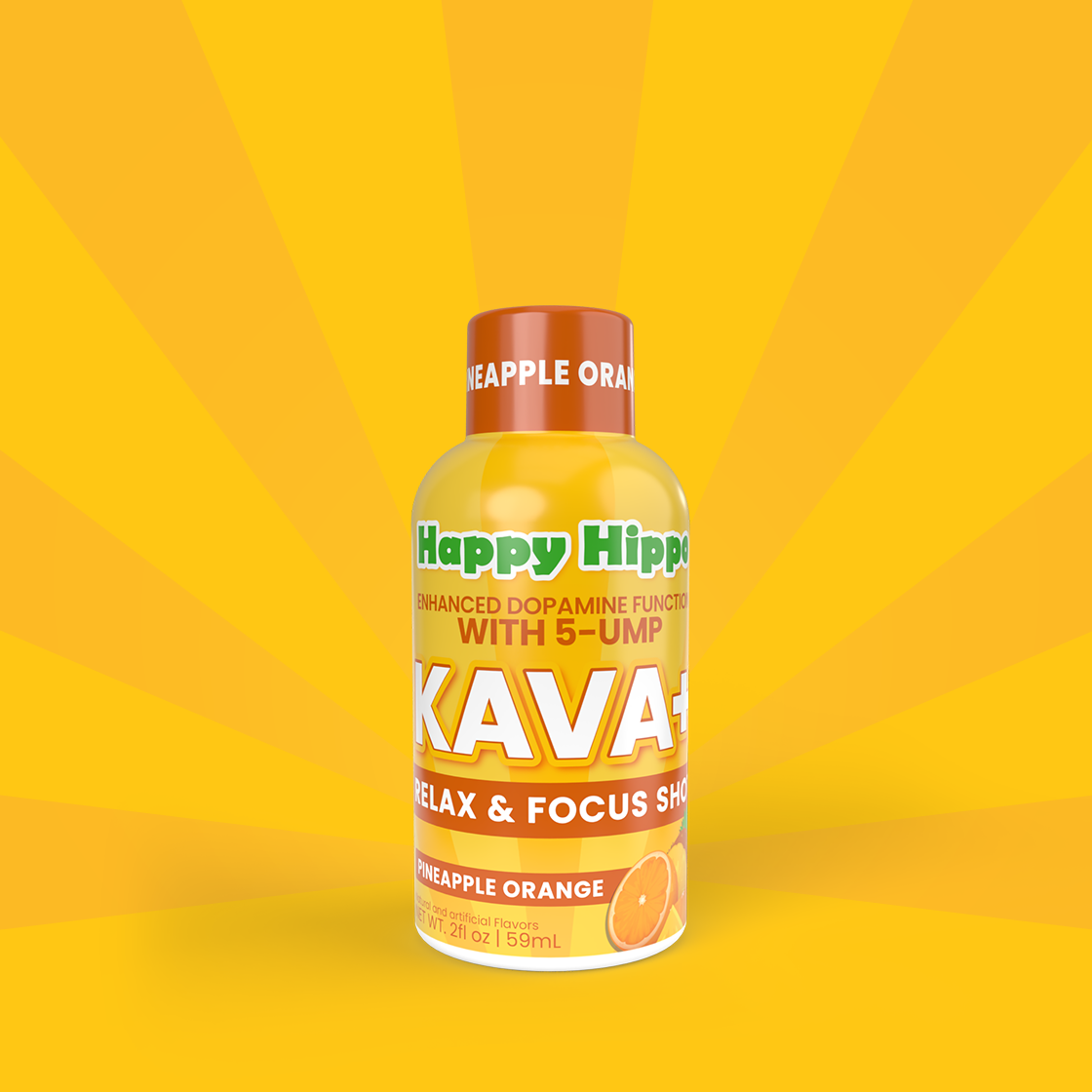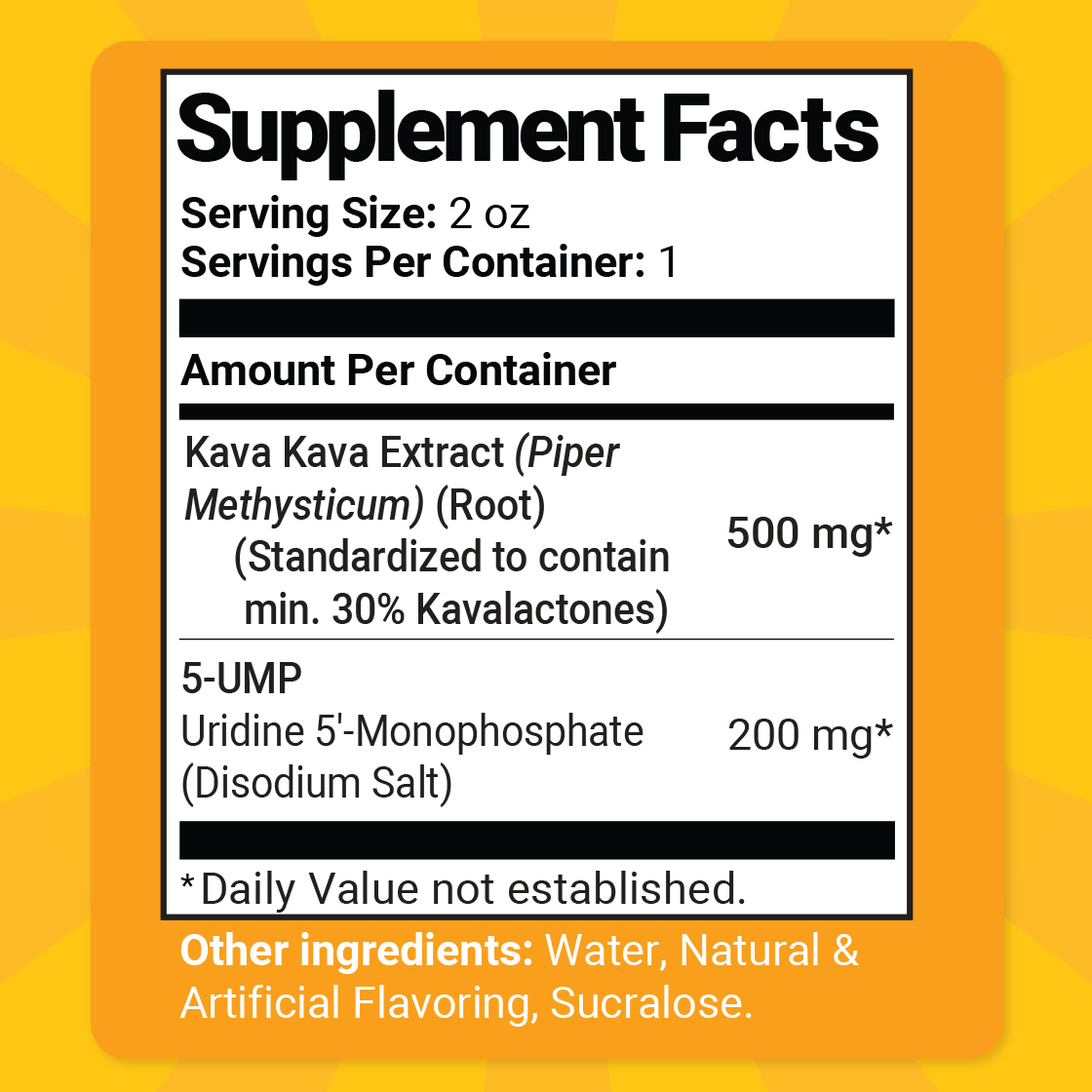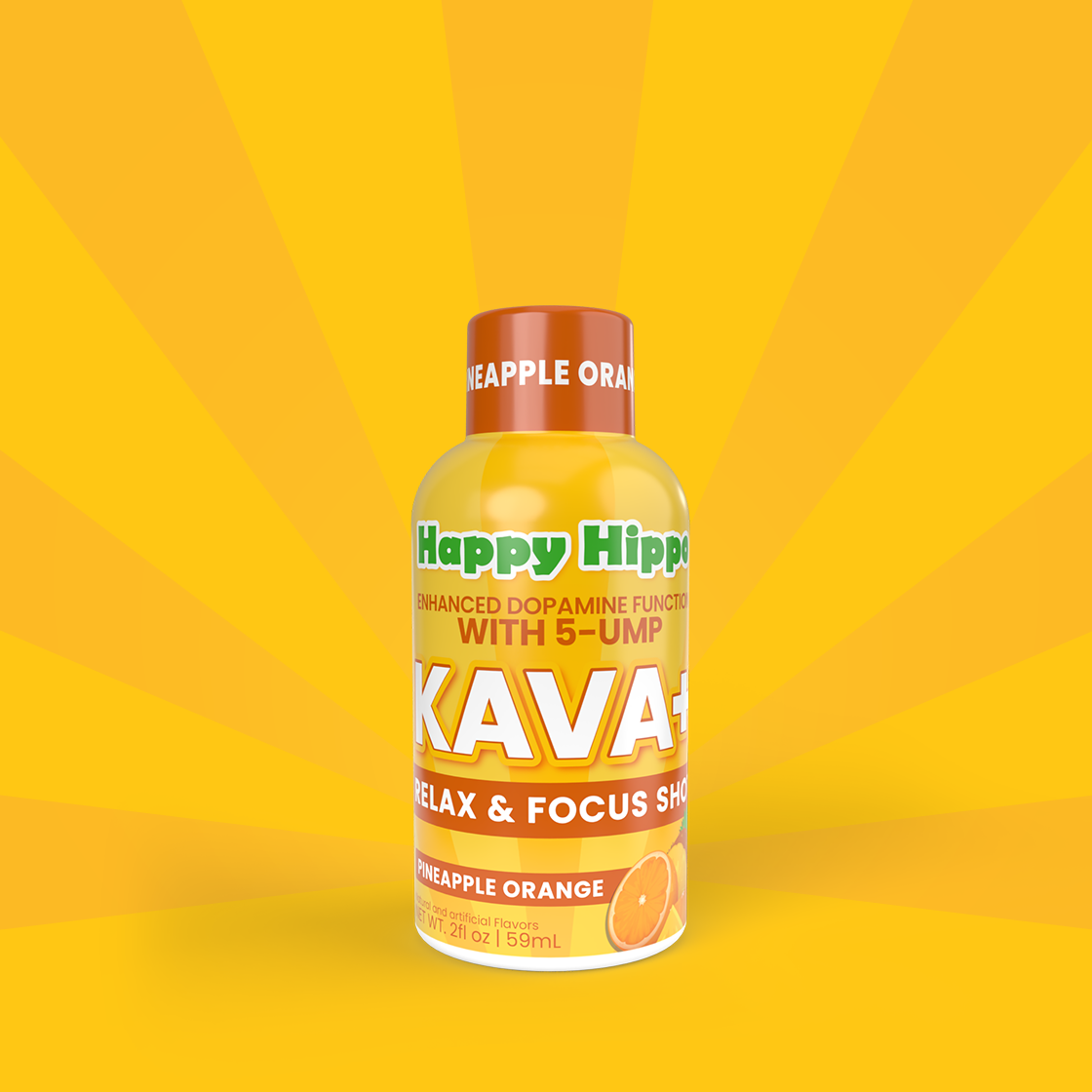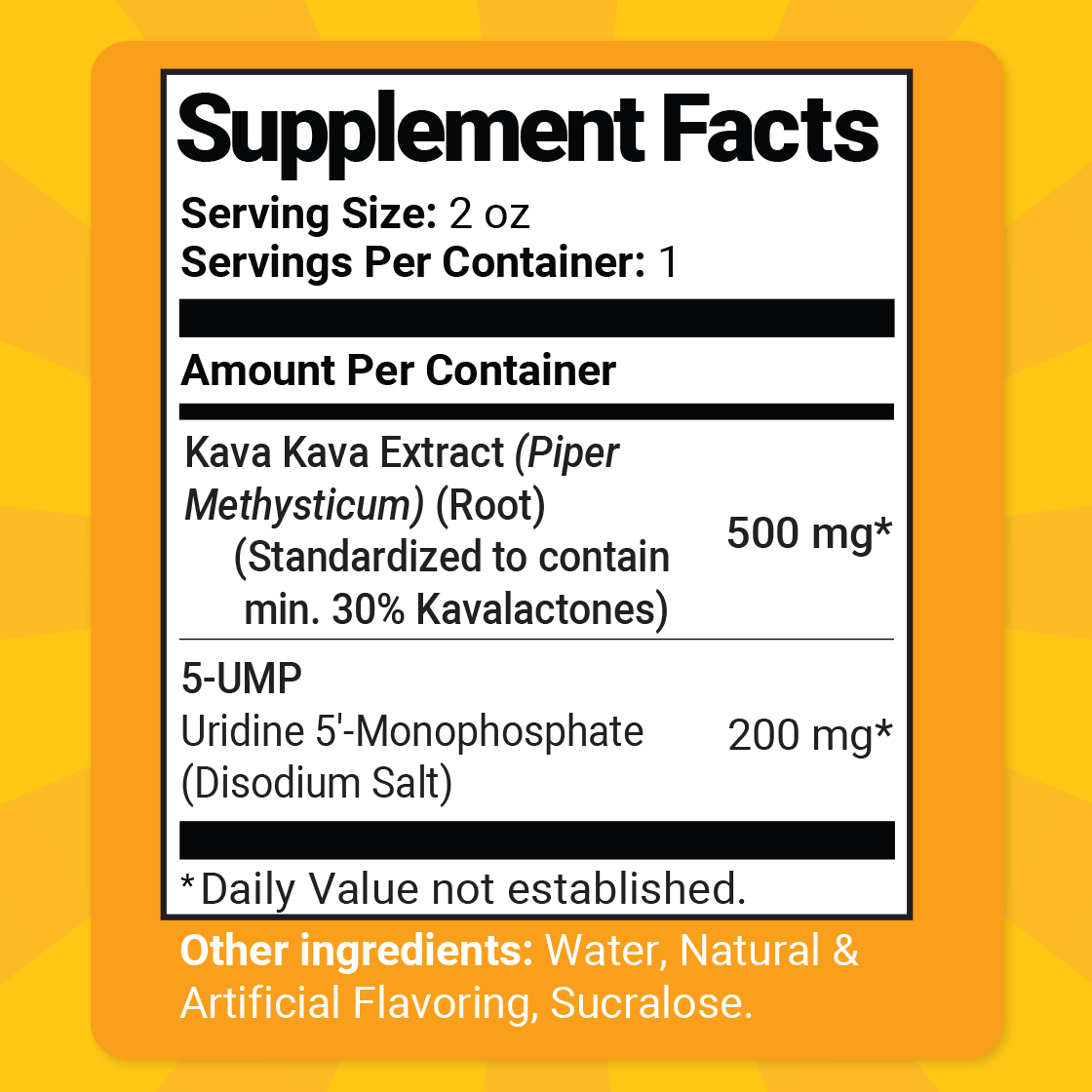FAQs
The scientific name for Kava is Piper methysticum. Believe it or not, Kava is directly related to the Pepper family. It’s a perennial evergreen shrub grown indigenously in the islands of the South Pacific - so Fiji, Micronesia, Vanuatu, the Samoas, and Tonga. You can find it growing wild in several areas.
In the Polynesian islands, the word Kava translates to ‘Bitter’, and Piper Methysticum translates to ‘Intoxicating Pepper’
It’s called that because boiling the Kava leaves produces a concoction that has an earthy yet bitter flavor. That bitterness in the drink comes from the compounds found in the plant.
Around the Pacific islands, the locals have been using Kava as a traditional remedy for several centuries. According to researchers, the indigenous cultures used Kava for its mildly calming effects on your well-being, but cultural customs surround the tea, too. Different traditional ceremonies used Kava tea to mark several memorable events throughout life.
Kava's active compounds, called 'Kavalactones', interact with the brain to produce calming and relaxing effects, often reducing overwhelm and promoting a sense of tranquility.
Kava is known to relax the activity going on in your nervous system - promoting calm, relaxing effects and promoting a better sense of well-being - aka Happiness!But when it comes to the scientific studies of plants found in nature, we don’t have an abundance at our disposal. With limited funding for such studies, scientific evidence remains scarce.
It's important to consume Kava responsibly and in moderation. Avoid combining it with alcohol or other substances, and be aware of any potential interactions with medications or pre-existing health conditions. Pregnant or nursing individuals should consult a healthcare professional before using Kava.
When consumed in moderation and sourced from reputable suppliers, Kava is generally considered safe.
Like any herb, some side effects might occur from ingesting a plant product, and you should consult a physician before taking any new supplement in your diet.
However, excessive consumption or using low-quality products may lead to potential side effects like nausea, irritability, or mild headaches.
- Kava (Piper methysticum) Kava is directly related to the Pepper family!
- Kava Tea beverages have been enjoyed in community gatherings for more than 1,000 years!
- Kava has many different names. In Fiji, it's called "Malogu" or "Yaqona". In Hawaii, it's known as "Awa". In Samoa, it's known as "Ava".
- A Kava plant takes 4 years to fully mature and be ready for harvest.
- Florida is considered the "Kava Capital" of the United States with over 180 different Kava bars.





